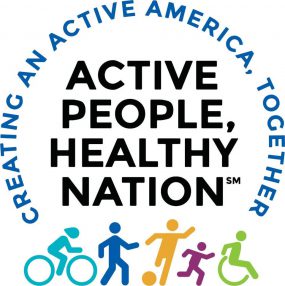Adults with Chronic Health Conditions and Disabilities
Regular physical activity provides important health benefits for those with chronic health conditions or disabilities, including cancer survivors and people with osteoarthritis, hypertension, type 2 diabetes, multiple sclerosis, stroke, Parkinson’s Disease, spinal cord injury, dementia, and other cognitive disorders.
Adults with chronic health conditions or disabilities who are able should:
- Get at least 150 minutes (for example, 30 minutes 5 days a week) of moderate-intensity aerobic physical activity a week.
And
- Get at least 2 days a week of muscle- strengthening activities that include all major muscle groups.
If you are unable to meet the recommendations, be as active as you can and try to avoid inactivity.
- Supports daily living activities and independence.
- Immediately helps you feel, function, and sleep better.
- Helps control weight and improves mental health by reducing depression and anxiety.
- Lowers the risk for early death, heart disease, type 2 diabetes, and some cancers.
- Decreases pain and improves function in people with osteoarthritis.
- Improves cardiovascular health, muscle fitness, and brain health.
Aerobic
- Walking, wheelchair rolling, or biking to places.
- Swimming or water aerobics.
Muscle- strengthening
- Some yoga postures.
- Strengthening exercises using exercise bands, weight machines, or handheld weights.
Source: Physical Activity Guidelines for Americans pdf icon[PDF-14.4MB]external icon, 2nd edition (Chapter 6, pages 42–44pdf iconexternal icon, 80–81pdf iconexternal icon).
Note: If you have chronic health conditions or disabilities, you can consult a health care professional or physical activity specialist about the types and amounts of activity appropriate for your abilities. Learn more about increasing physical activity for adults with disabilities.

